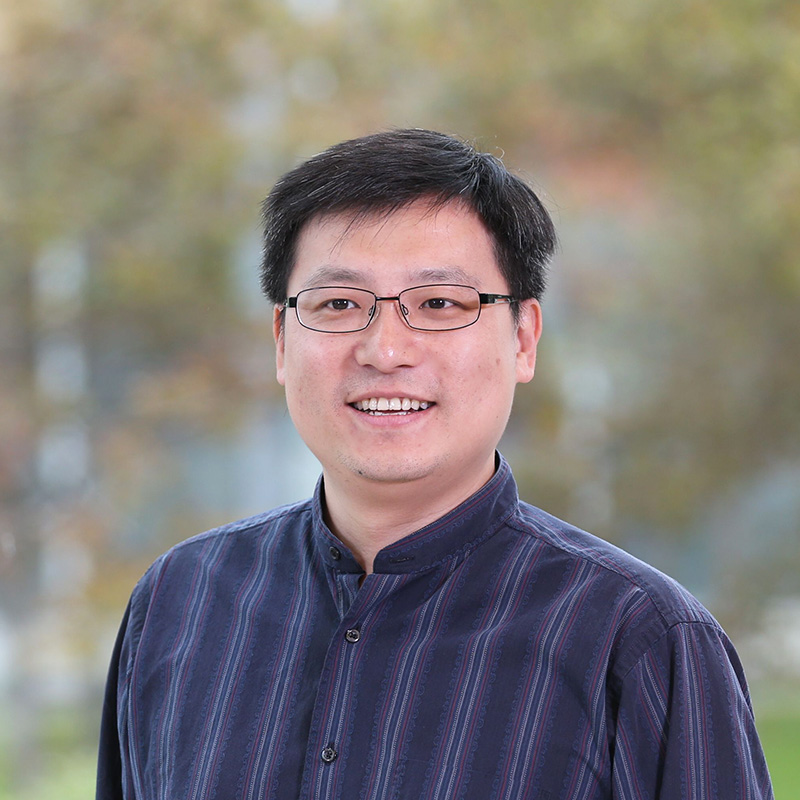Faculty
The strength of the Center for Plant Biology (CPB) comes from the scientific expertise of its members. CPB faculty are some of the top experts in their fields. Though they are located in eight departments across three colleges, CPB faculty are united by their efforts to advance fundamental understanding of plant biology, spanning scales from molecules to ecosystems.
faculty (a thru f)

Leonor Boavida
Our research:
We use genetic, cell biology, biochemical, proteomic, and functional genomics tools to investigate processes regulating:
- Development and biology of plant gametes.
- Signal transduction pathways in gamete recognition and double fertilization.
- Contribution of sperm cell factors to egg activation.
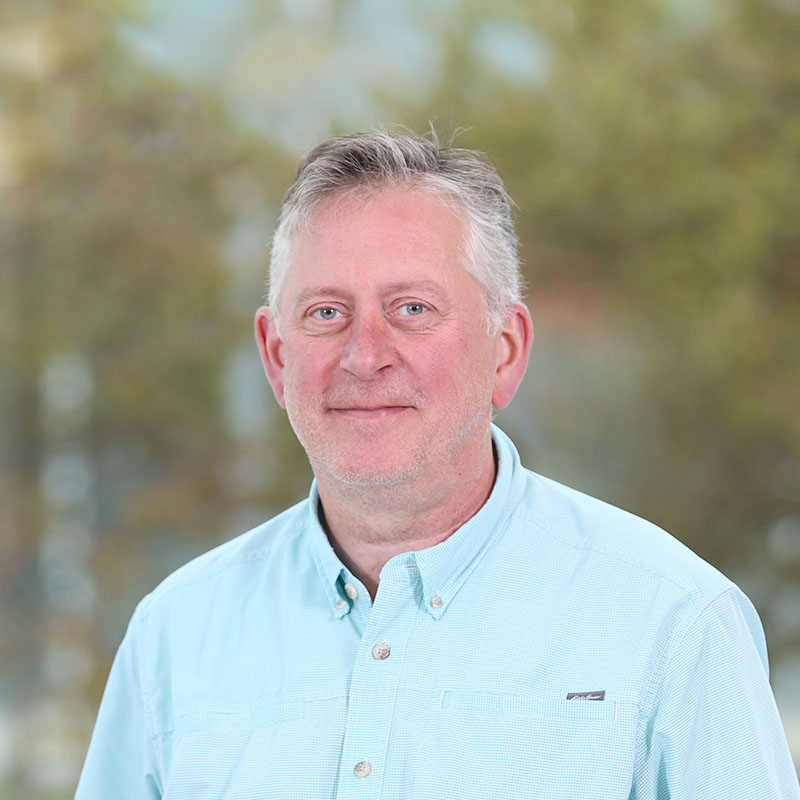
Clint Chapple
Our research uses:
- Lignin biosynthesis and its manipulation in the context of biofuel production.
- The role of specific genes and gene families encoding enzymes of phenylpropanoid metabolism.
- The application of mass spectrometry and genome wide association to elucidate new pathways of metabolism.
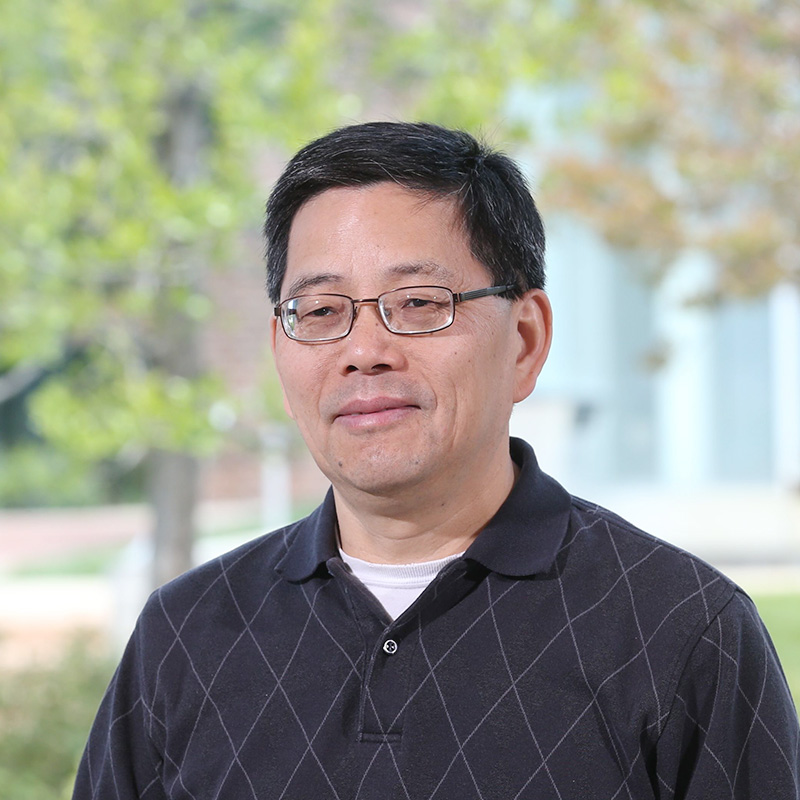
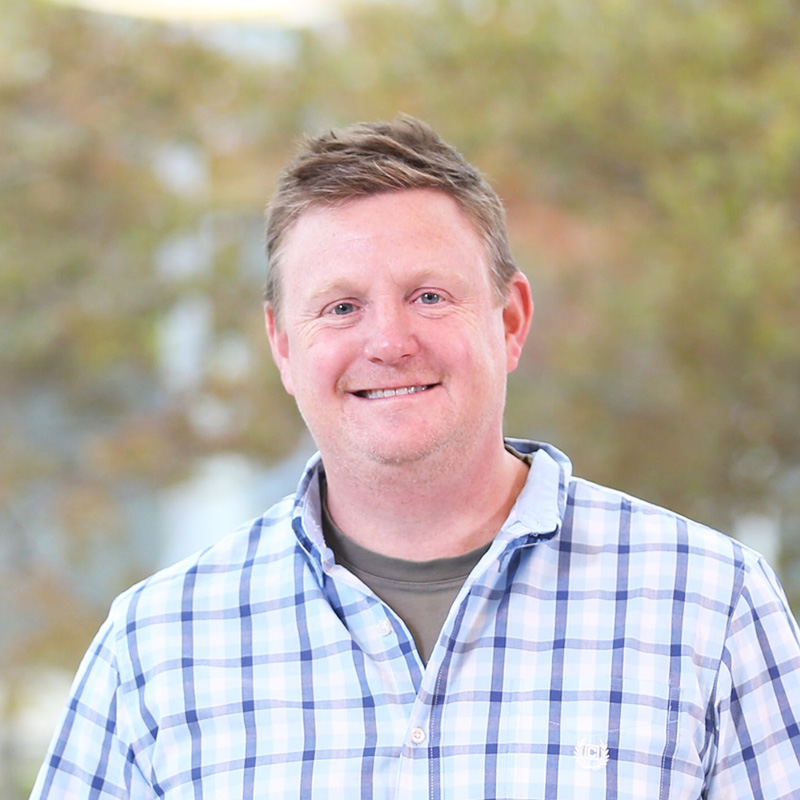
John Couture
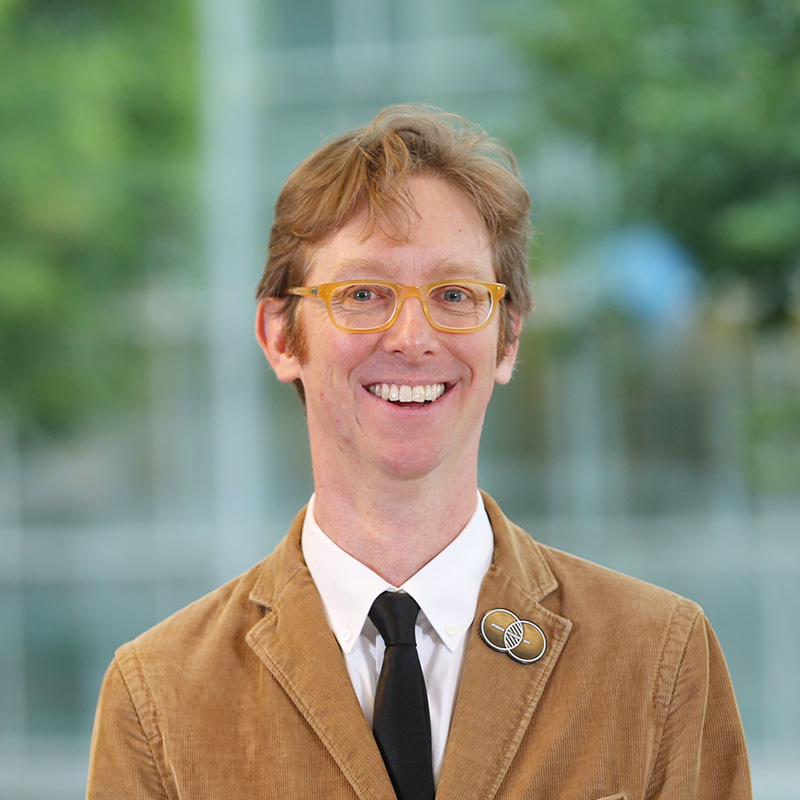
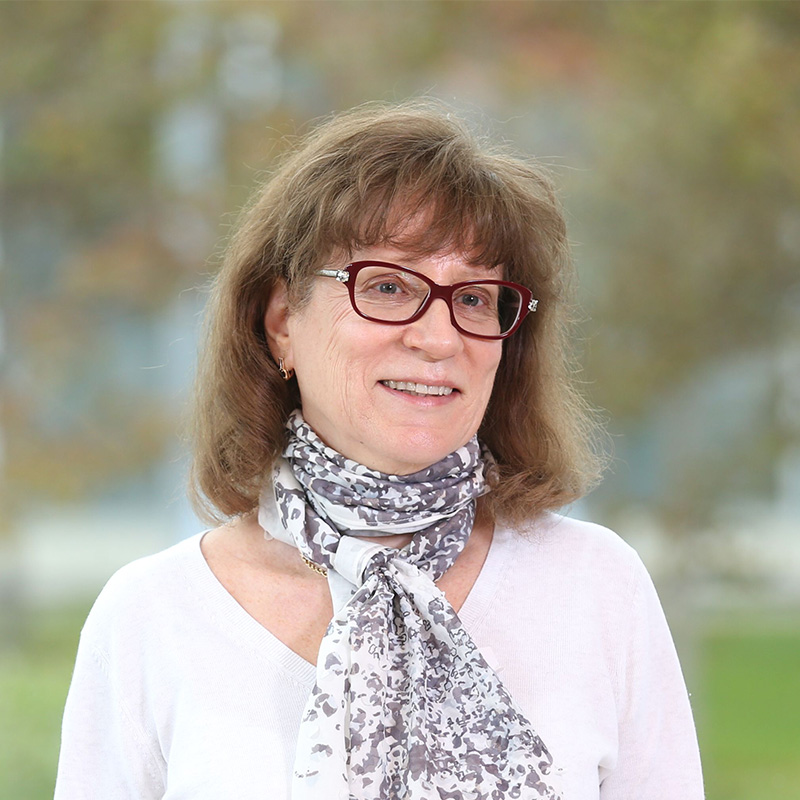
Natalia Dudareva
Our research:
We use an integrative approach including functional genomics, genetics, metabolomics, proteomics, cell biology, and enzymology combined with in vivo stable isotope labeling and computer-assisted metabolic flux modeling to elucidate:
- Biosynthetic pathways, genes, and enzymes responsible for the formation of primary and secondary metabolites in plants.
- Molecular processes involved in the release of plant volatile compounds into the atmosphere.
- Molecular mechanisms involved in plant-plant and inter-organ communication, specifically in volatile perception and signaling cascades leading to cellular responses.
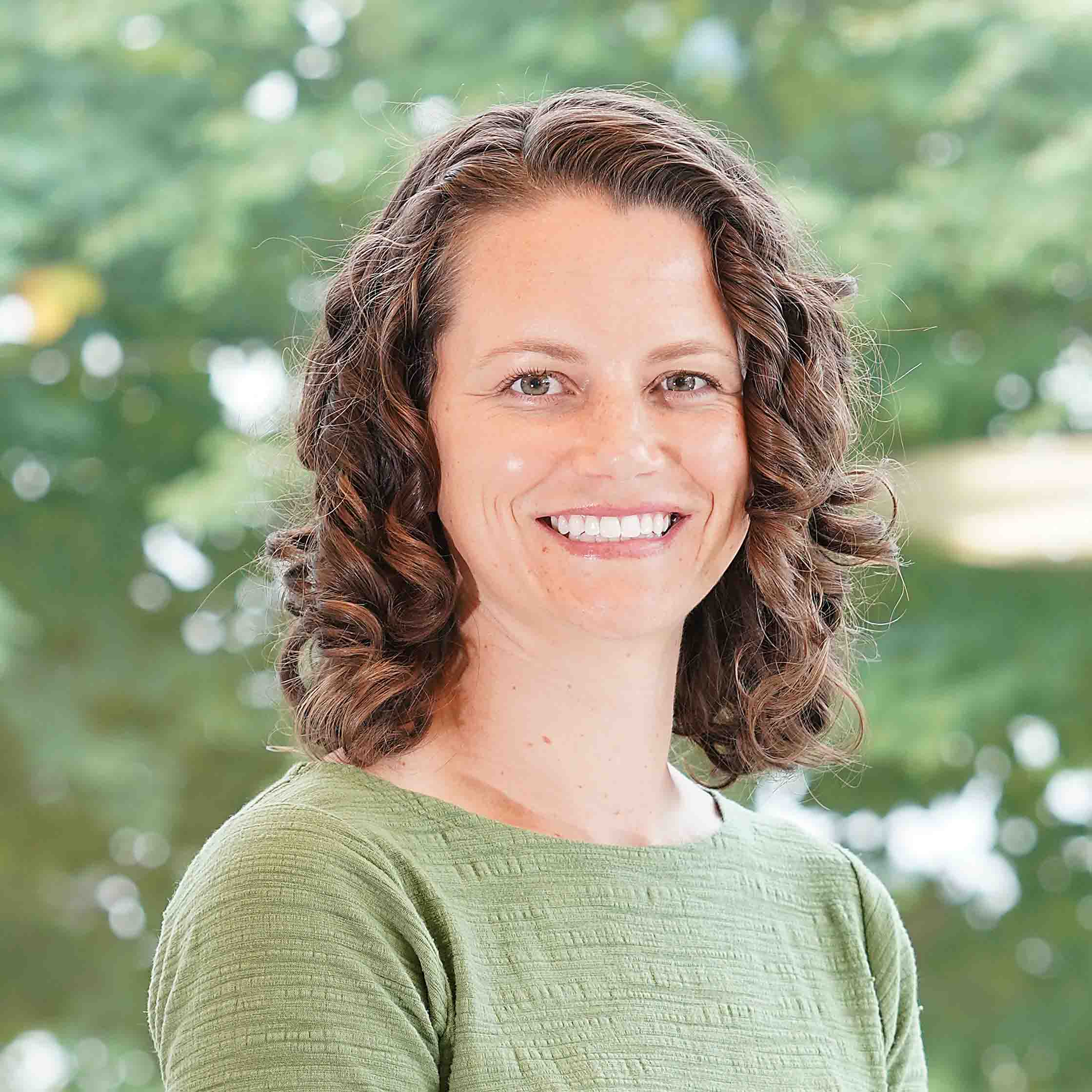
Morgan Furze
Our research:
We integrate physiology, ecology, and evolution to understand carbon dynamics in woody plants, including:
- the storage and use of carbohydrate reserves.
- the role of carbohydrate reserves in the response to abiotic and biotic stress.
Lab Website: www.morganfurze.com
faculty (g thru l)
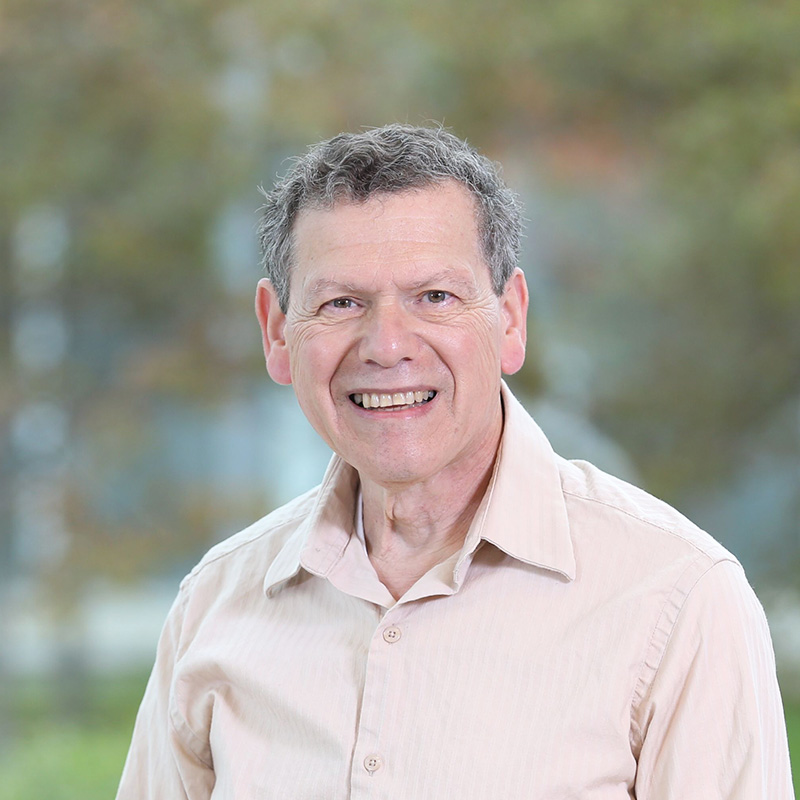
Stanton Gelvin
Our research:
Our laboratory uses microbial and plant genetics, molecular biology, cell biology, genomics, and imaging techniques to investigate:
- Agrobacterium and plant genes important for plant genetic transformation.
- Mechanism of Agrobacterium T-DNA transfer to plants, intracellular movement of T-DNA and virulence effector proteins, and T-DNA integration into the plant genome.
- Development of new Agrobacterium strains and transformation protocols to enhance transformation efficiency and the quality of transformation events.
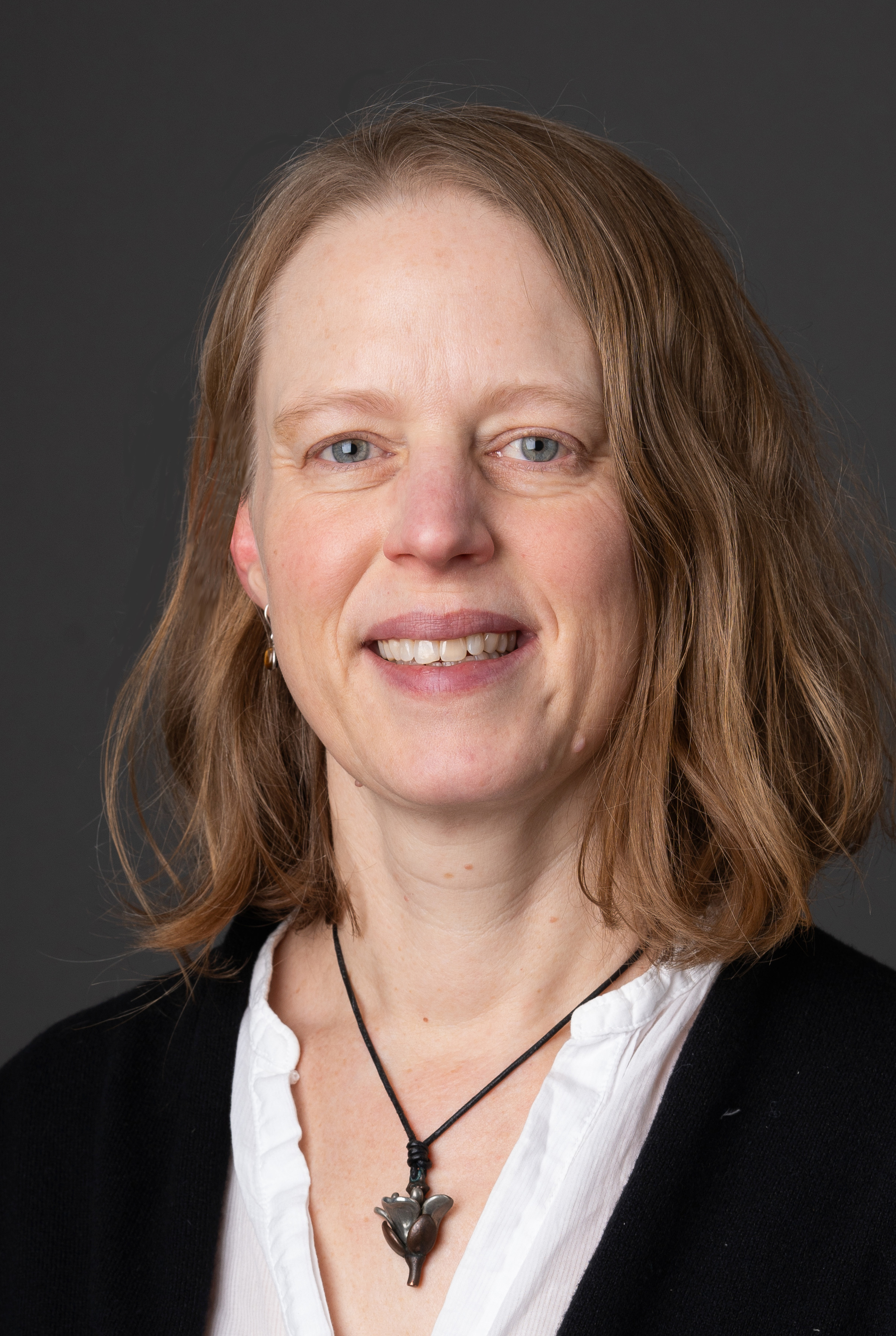
Angela Hancock
Our research:
We investigate the molecular and evolutionary mechanisms that allow plants to thrive in challenging environments, combining computational and experimental approaches to understand the molecular mechanisms that underlie adaptation. In our lab:
- We draw on a range of methods, including genetic mapping, population and comparative genomics, multi-*omic analysis, CRISPR and modeling to deconstruct and then reconstruct the molecular steps populations took to adapt to extreme environments.
- Much of our work focuses on wild populations of the molecular model Arabidopsis thaliana
- We are also initiating comparative and population genomics studies in non-model plants living in extreme environments.
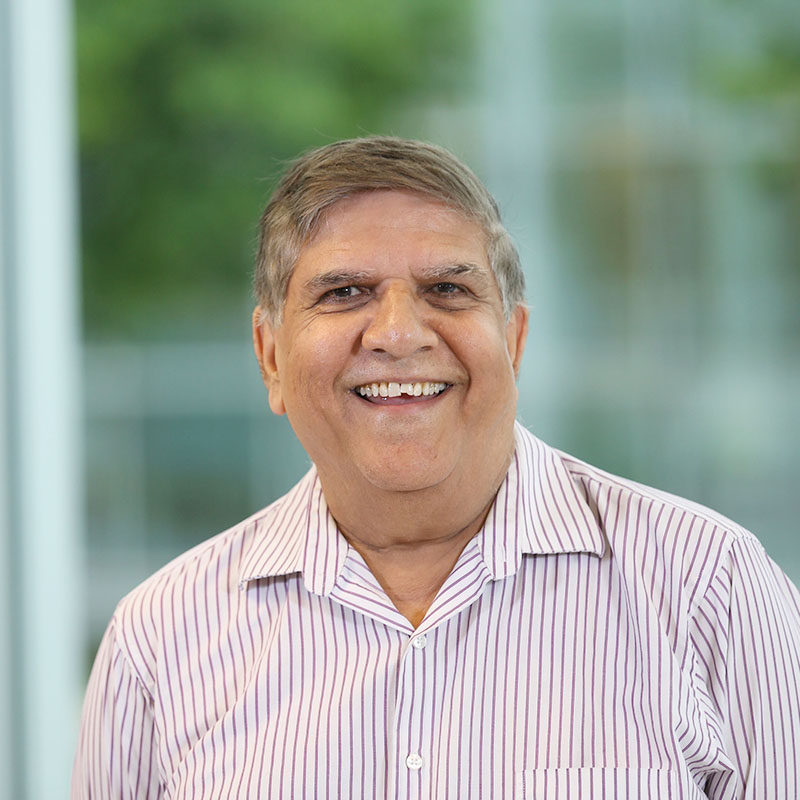
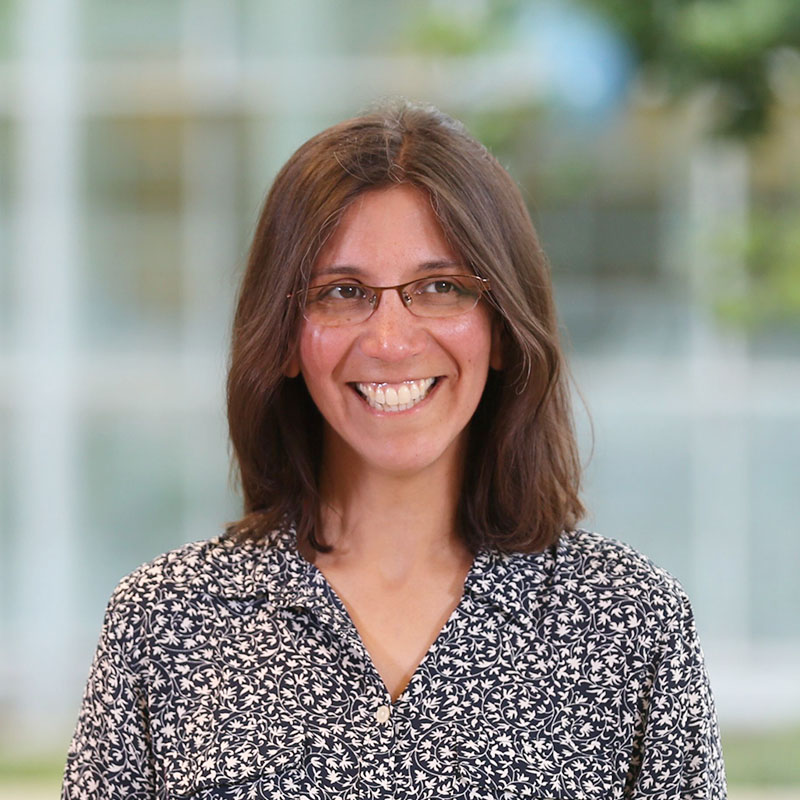
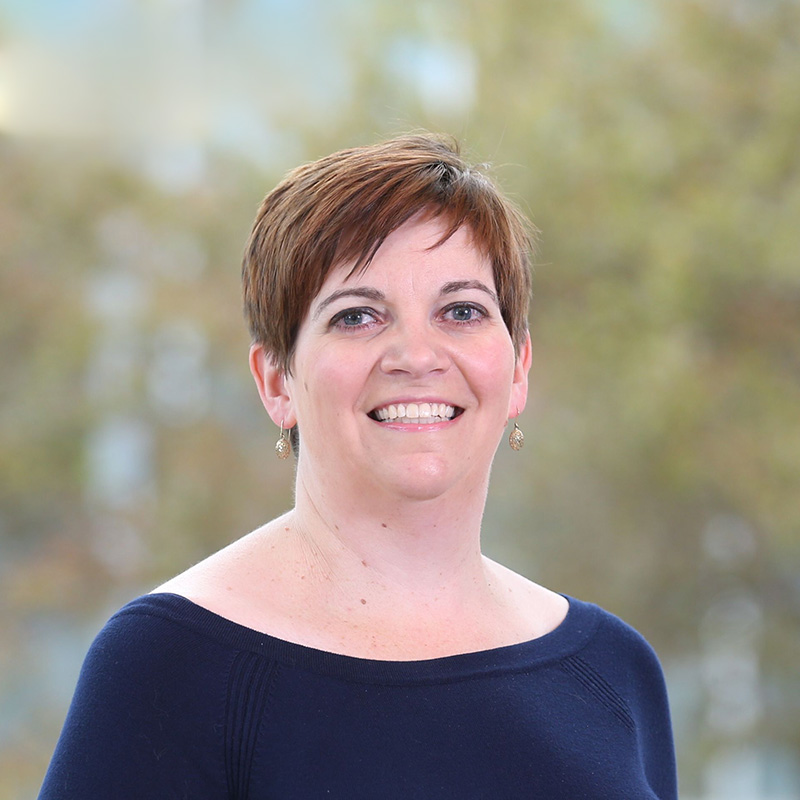
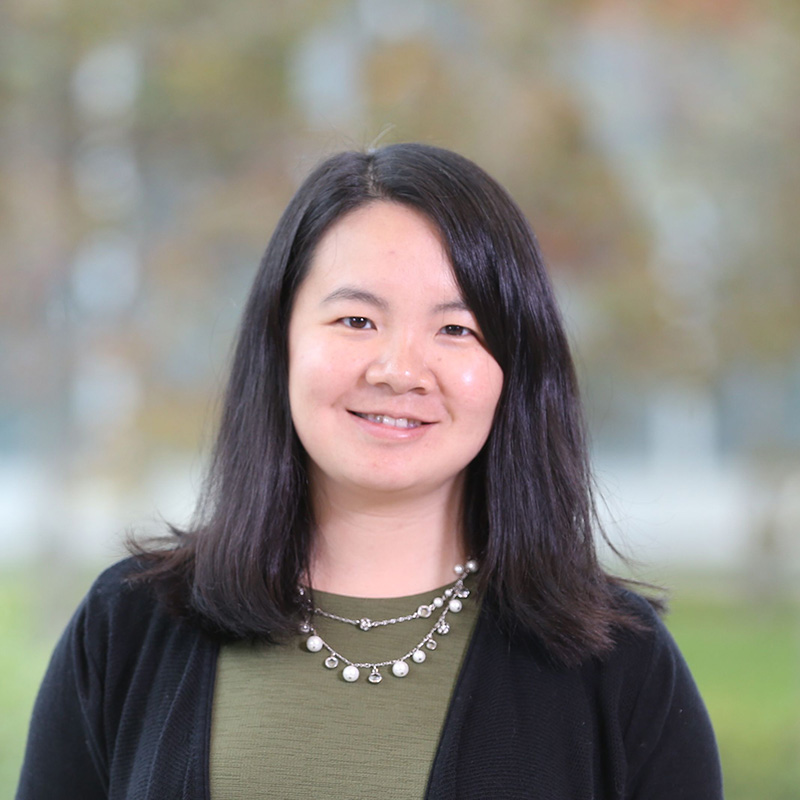
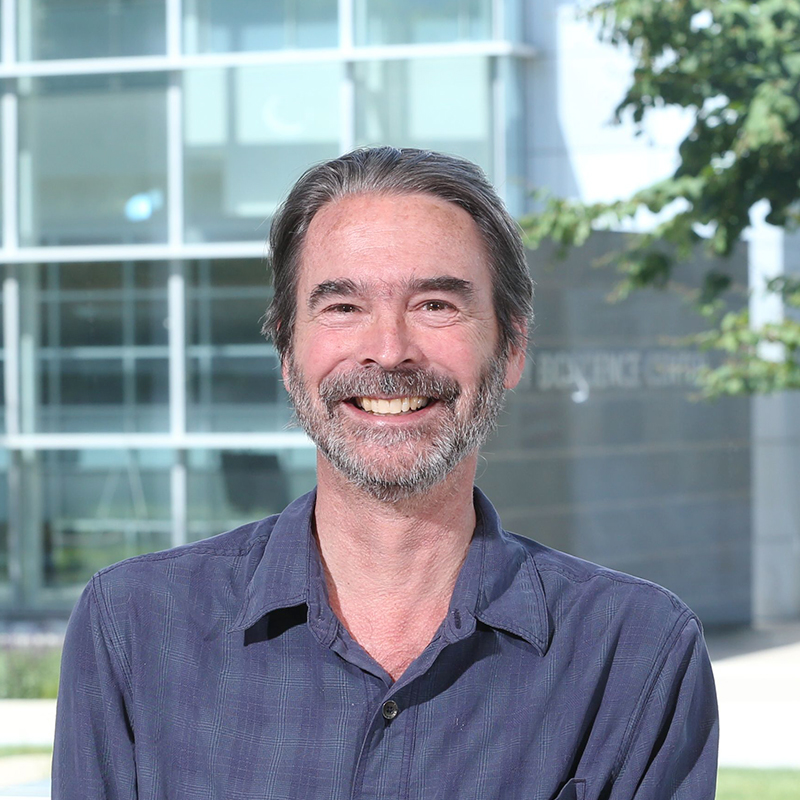
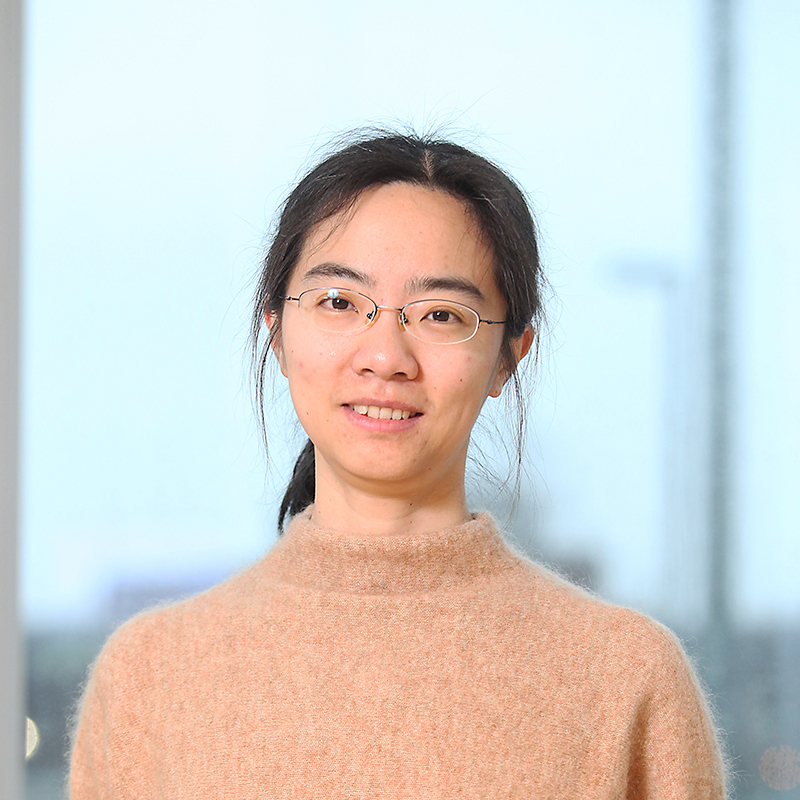
faculty (m thru s)
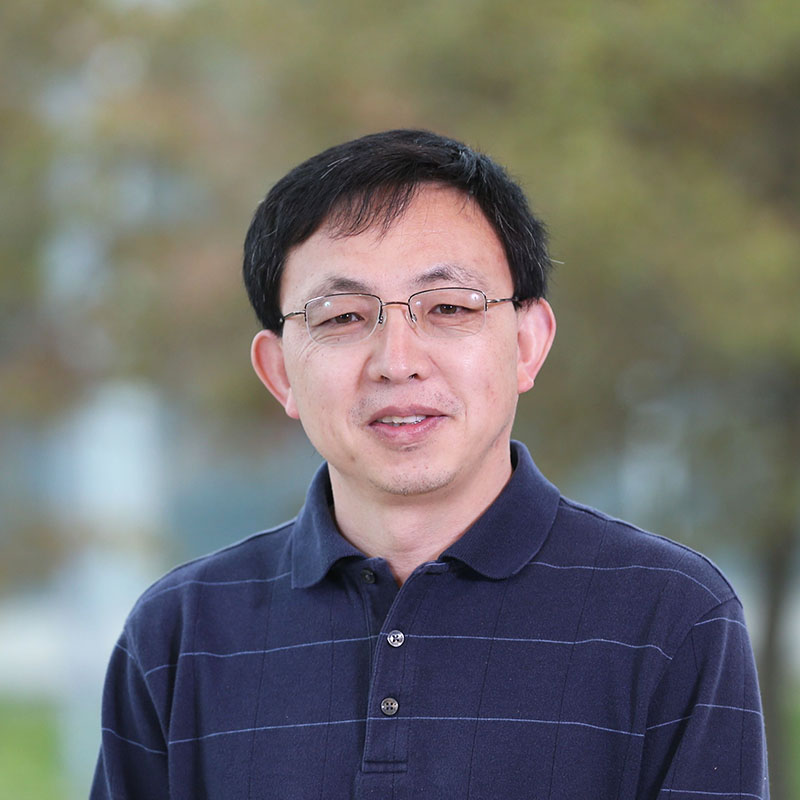
Jianxin Ma
Our research:
Our research mainly focuses on the following areas:
- Genetic and molecular dissection of soybean traits underlying plant productivity and environmental resilience.
- Soybean germplasm enhancement through genetic transformation and genome editing.
- Genome duplication-mediated and transposon-triggered genome innovation.
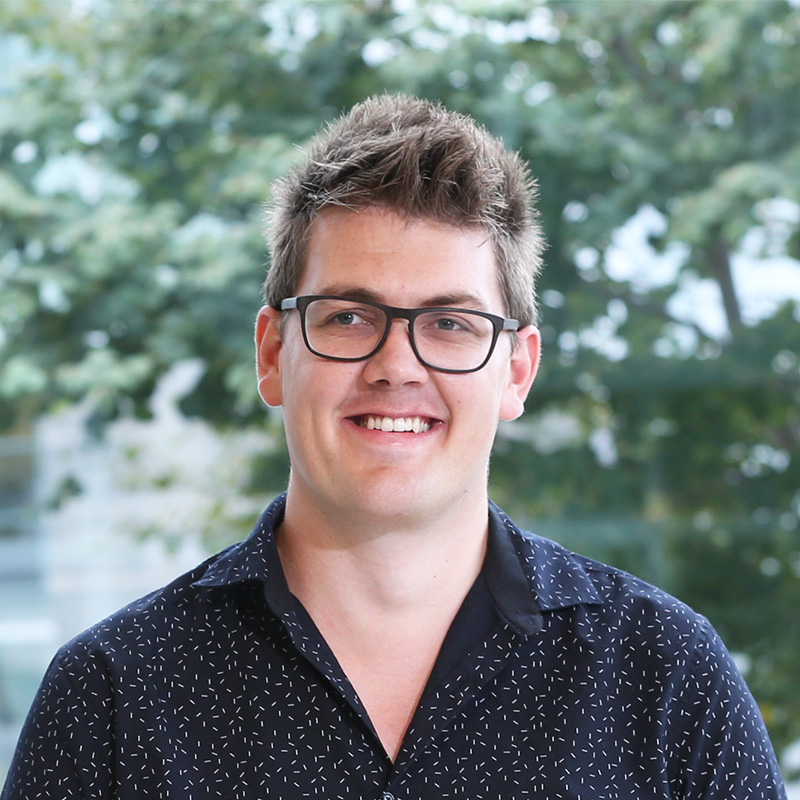
Scott McAdam
Our research:
We mainly focus on the following areas:
- Stomatal responses to the environment have evolved.
- Hormones control plant water use.
- Plants protect the xylem from embolism formation.
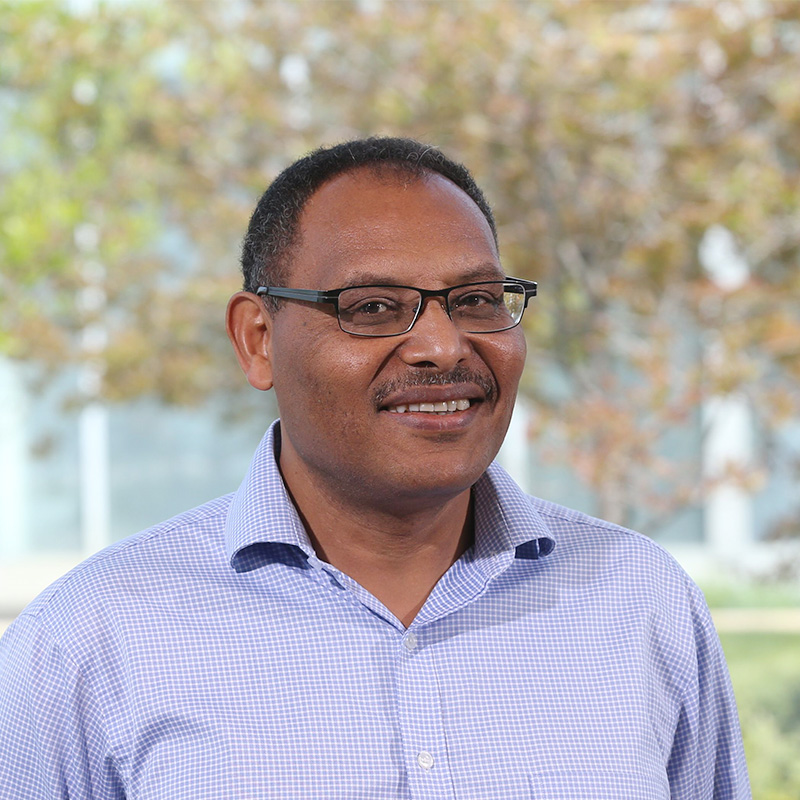
Tesfaye Mengiste

Michael Mickelbart
Our research:
- Physiological acclimation of plants to a changing climate.
- Traits that underlie crop resilience to dynamic abiotic conditions.
- The genetic bases for these acclimation responses.

John Morgan
Our research:
- Metabolic Engineering of Cyanobacteria for Essential Amino Acids.
- Modeling Plant volatile synthesis and emission fluxes.
- Mathematical modeling of photosynthetic organisms.

Sergio Muñoz-Gómez
Our research:
Our research aims to understand the drivers of major innovations and transitions in cell evolution. We use phylogenetically disparate unicells to answer our research questions, and rely on an interdisciplinary approach that combines experiments, large-scale data analysis, and theory. Some of our current projects address the:
- Ecological drivers of photosynthetic symbioses.
- Physiological contribution of mitochondria and phagocytosis to eukaryotic evolution.
- Energetic costs of new genes and cellular complexity 4-word descriptor: Evolution of cellular novelties.
Social Media: X (Twitter)
Lab Websites: ecsolab.com | Google Scholar
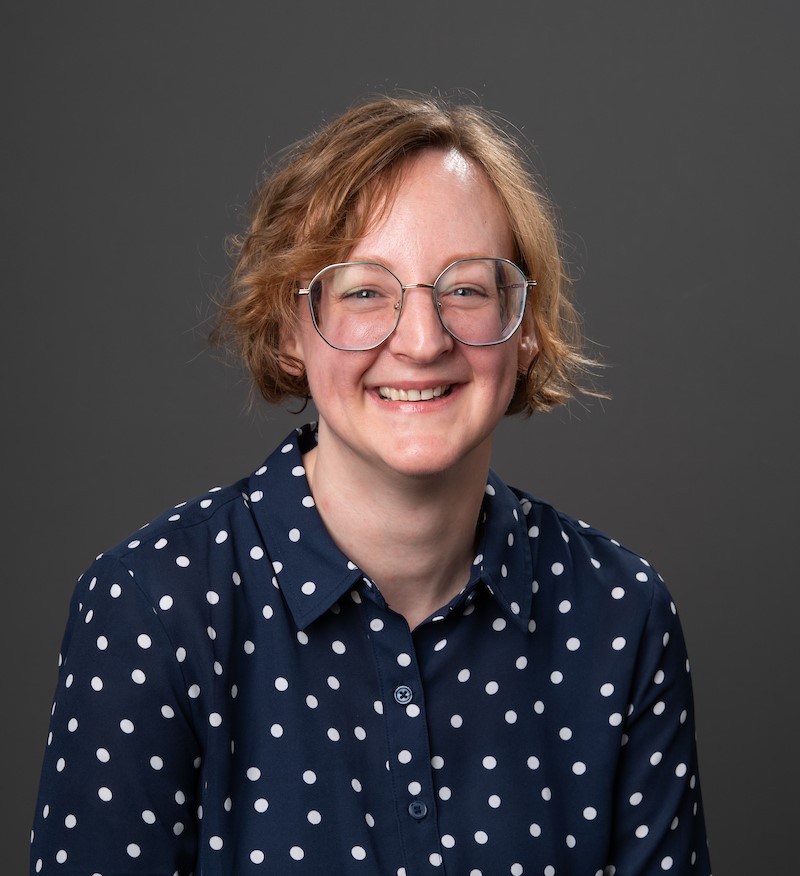
Lisa Mydy
Our research:
-
Elucidate the enzyme mechanisms of unique carbon-carbon, carbon-nitrogen, and carbon-oxygen bond formation in plant natural products
-
Study the biosynthetic pathways of these compounds and determine their ecological role
-
Screen plant natural products for new bioactivity
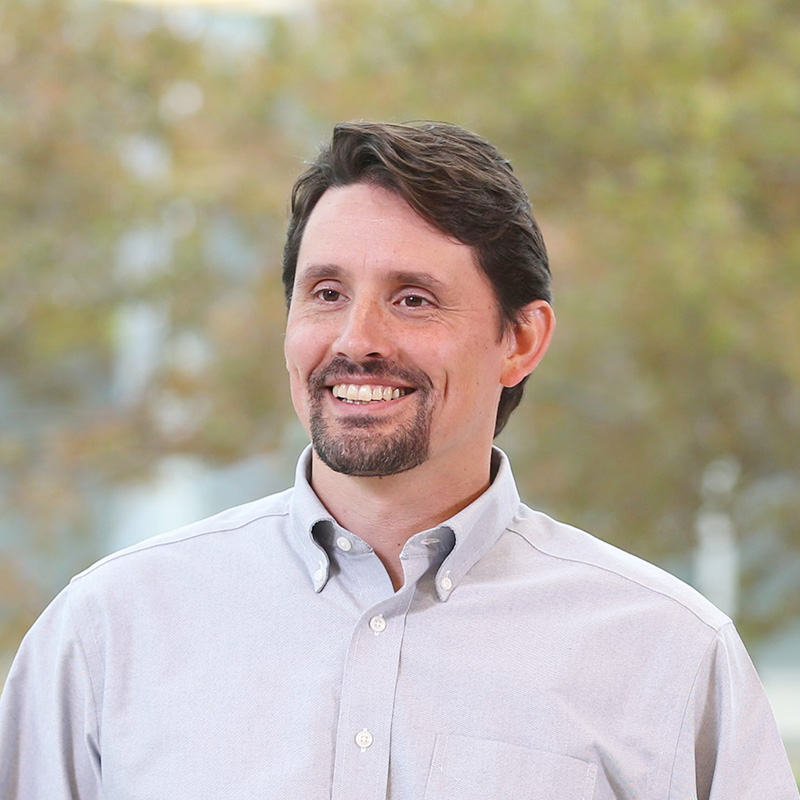
Chris Oakley
Our research:
- Genetic and physiological mechanisms of the costs and benefits of cold acclimation.
- Genotype by environment interactions for other ecologically important traits.
- Heterosis and epistasis for fitness.
Social Media: @quercus62.bsky.social
Lab Website: The Oakley Lab
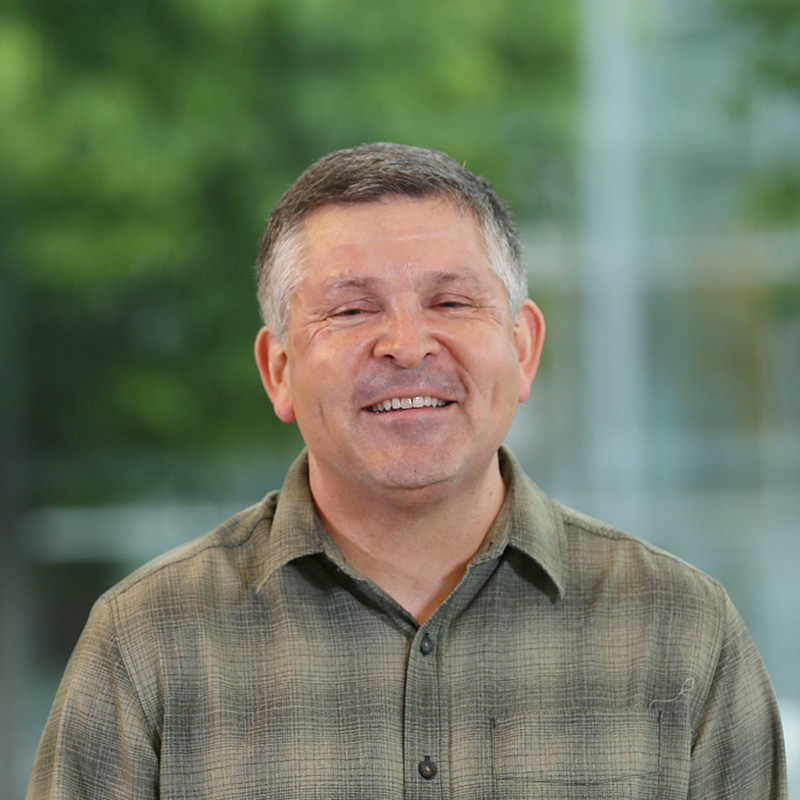
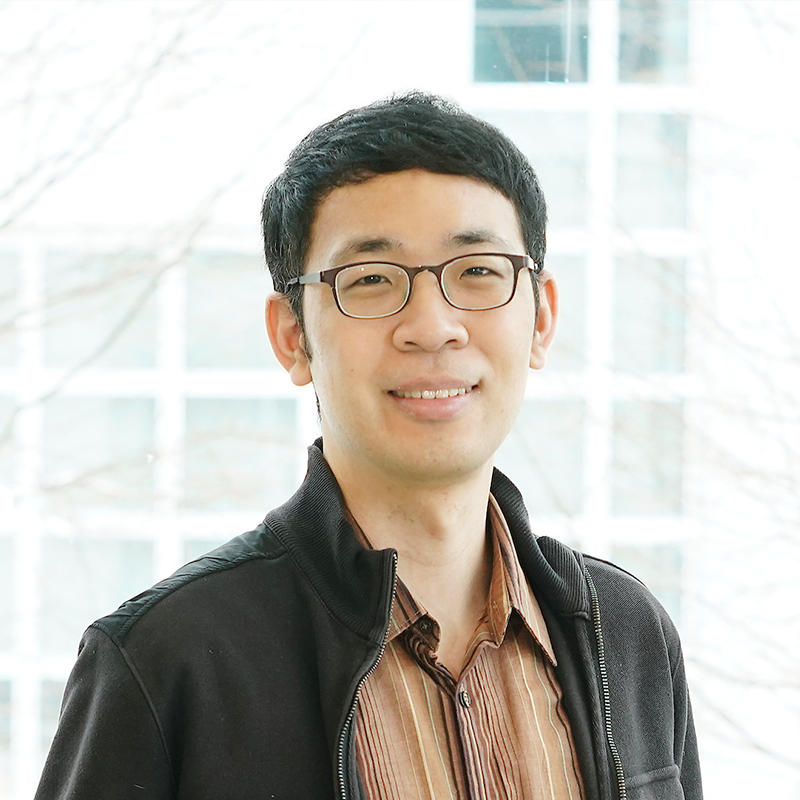

Sujith Puthiyaveetil
Our research:
-
Genetic and molecular control mechanisms of photosynthetic light use.

Venkatesh Thirumalaikumar
faculty (t thru z)
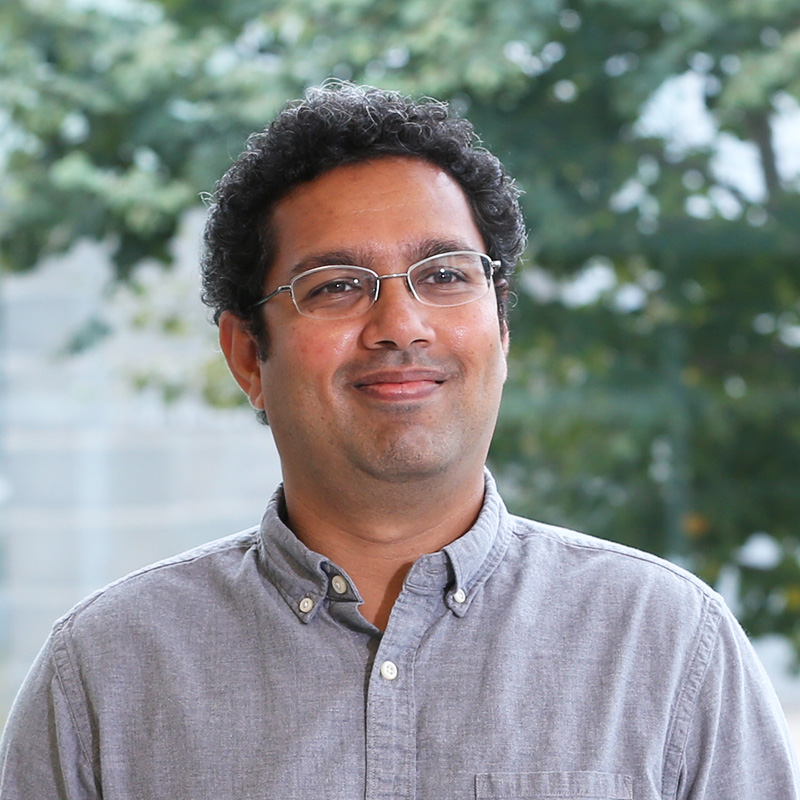
Kranthi Varala

Feng Wang
Our research:
Our laboratory uses an integrative approach including genetics, genomics, and biochemistry to study:
- The biogenesis of non-coding RNAs in plants
- The molecular mechanisms of RNA-mediated gene silencing processes
- The involvement of transcription and RNA in heterochromatin formation

Joshua Widhalm
Our research:
We study the origins and evolution of metabolic innovations, and we're especially interested in convergent adaptations. Our research mainly focuses on:
- Evolution and metabolism of plant quinones (e.g. ubiquinone, vitamin K1, juglone, and other specialized quinones)
- Mechanisms of long-term plastid retention in photosynthetic sea slugs
- Synthetic biology strategies to harness plant metabolites for human health and agriculture
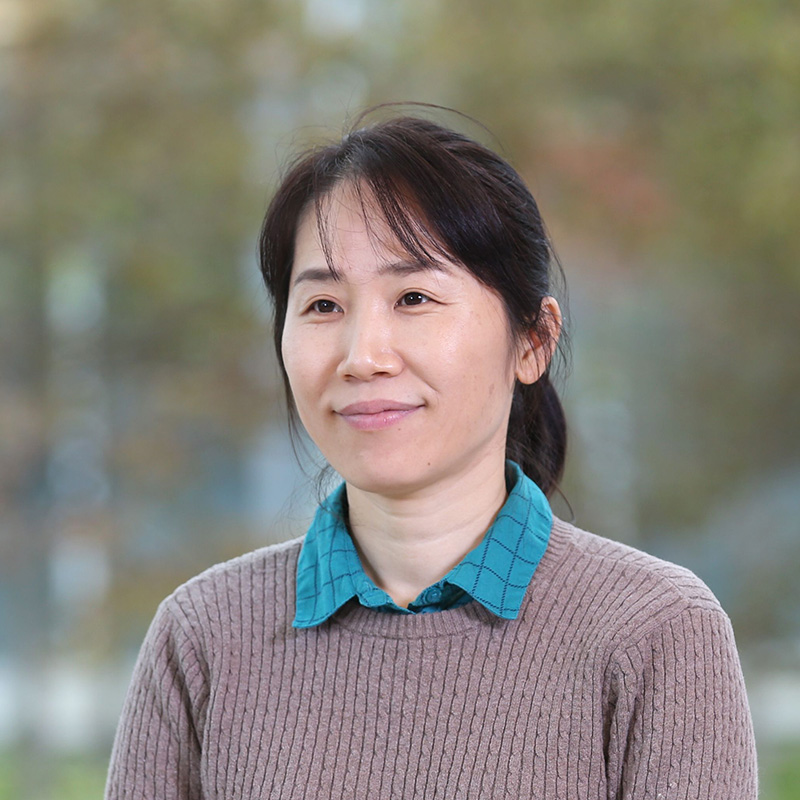
Gyeong Mee Yoon
Our research:
- Spatiotemporal regulation of ethylene signaling pathways
- Regulatory mechanisms controlling ethylene biosynthesis
- Crosstalk between ethylene and environmental stress responses.
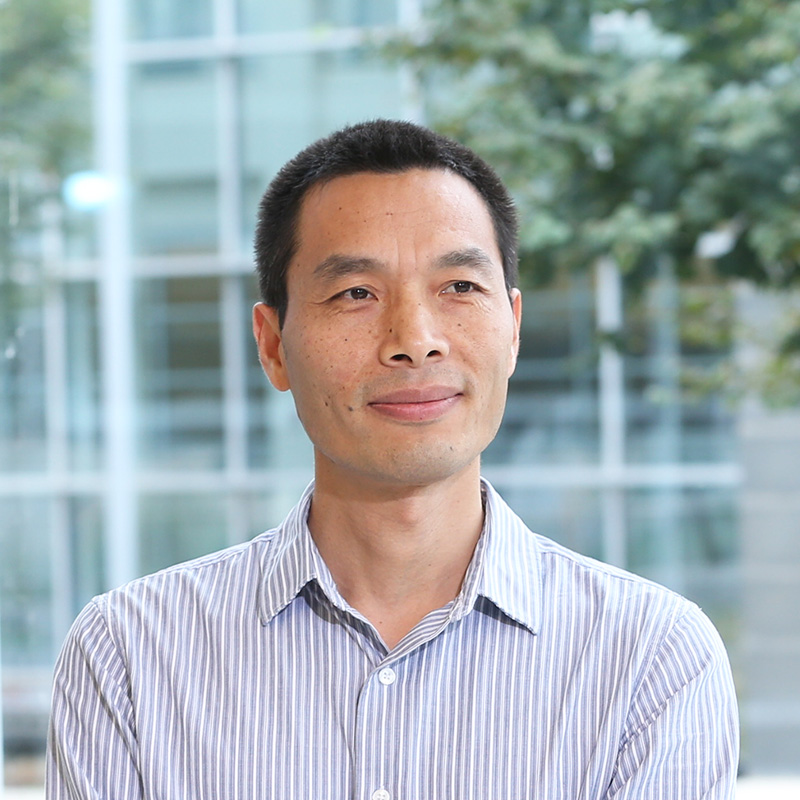
Cankui Zhang
Our research:
Our research mainly focuses on the following areas:
